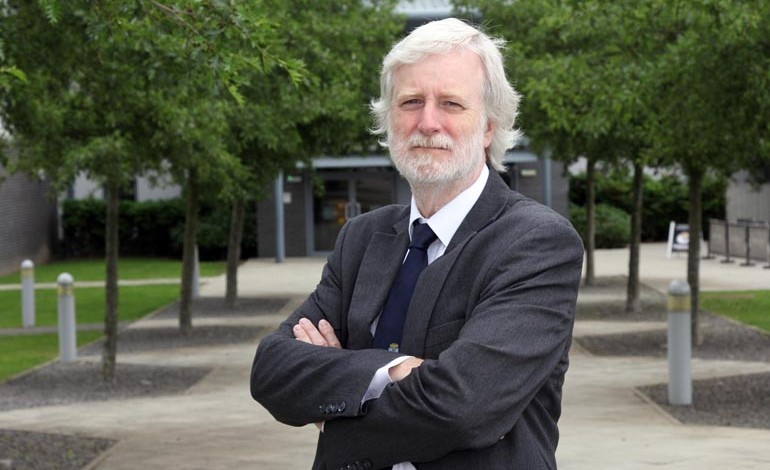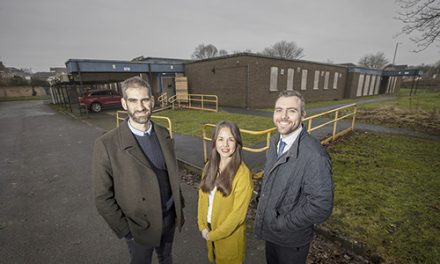Dear Sir,
Last week was critical for Durham County Council’s Climate initiative.
GREEN INDUSTRIAL GROWTH
TUESDAY morning, I met with DCC Climate officers and Business Durham to be briefed on the ‘green industrial revolution’ in County Durham. I wanted to ask them HOW climate change could bring economic growth. A recent study showed that DCC is one of few councils which regards Climate Change as an opportunity for economic regeneration; we must turn that intention into jobs.
CLIMATE EMERGENCY RESPONSE PLAN
Next, on WEDNESDAY morning, the DCC Cabinet met to review and confirm the Council’s Climate Emergency Response Plan (CERP) after its first year. It is a programme for two years only and – with 111 actions to complete (each one costed and budgeted and, crucially, a named person’s responsibility) – the pace of action has been breathless. The Plan has been financed by a £3 million revenue budget, expected to draw in capital totalling some £50 million. Cabinet heard how progress has continued throughout the pandemic, with only a handful of projects delayed (mostly, those that relied on face-to-face meetings), and just three cancelled (one because the government redirected the funding to the pandemic).
Indeed, far from stalling through the pandemic, the programme has grown – it now numbers nearer 140 actions, including new major initiatives such as an £8 million Zero-Carbon Depot (powered by its own solar farm) and a scheme to site 160 EV chargepoints in less-commercially-favourable locations in the county.
The Council’s Climate action has earned a string of accolades. One study declared County Durham “the UK’s greenest city”. Another found the CERP one of only 13 Plans in the country to have an adequate Food Policy. The Council’s Business Energy Efficiency team was praised at two prestigious European conferences, and is so highly regarded that, despite Brexit, it has been invited to join an EU ‘SME-Power’ collaboration. Finally, in December, our CERP won the APSE award for best national climate initiative – the ‘Oscars’ of UK public service and a stunning achievement considering the amazing work of councils all over the country.
Wednesday’s Cabinet report also signalled where we intend to go. Of all the report, Paragraph 53 is *my* paragraph – it outlines the principles that I, as Climate Champion, have been seeking to imprint onto the Council’s developing strategy: a green new deal; more work on adaptation; a just transition; embedding; engagement.
EMBEDDING
I have urged officers to build climate progress into the automatic, everyday functioning of the Council. We now have:
• a Corporate Director of ‘Neighbourhoods and Climate Change’ at the top table;
• a oversight ‘Net Zero Carbon Board’ at senior-officer level;
• a ‘Climate requirement’ inserted into every job description;
• a ‘Climate Change’ assessment in the ‘Implications’ appendix of every decision;
• the Low Carbon Team asked to comment on every relevant planning application;
• the opportunity to add climate requirements to the Council’s procurement process.
The aim is to become, not a Council which does climate actions, but a climate-focussed Council.
ENGAGEMENT
THURSDAY morning saw another milestone. To better engage about Climate Change, we have set up a ‘Climate Emergency Strategic Board’ of key stakeholders. DCC cannot decarbonise the County alone, so the Board will enlist big local players to help address some of the huge county-wide climate problems. A second body will engage with residents, especially climate action groups; we want people to hold the council to account, and to help create policy.
SCRUTINY
Finally, on FRIDAY morning Cllr Eddy Adams’ Environment Scrutiny Committee, too, assessed the CERP – watch on: https://youtu.be/0VX2FAz_utc
So last year not only achieved great things but, hopefully, set up next year to do even better.
Cllr John D Clare
(Cllr Clare is Durham County Council’s ‘Climate Champion’)










